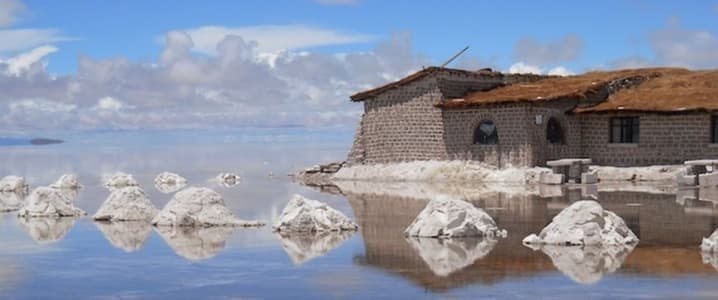Germany is hoping to engage Bolivia’s next government in talks over a scrapped joint venture deal to develop the South American country’s massive lithium reserves, as members of its car sector struggle to meet electric vehicles production targets due to a supply shortage of battery cells.
Both nations signed a lithium partnership in 2018 following three years of intense lobbying from Berlin, which said a small privately-owned company from Germany was a better bet than its Chinese rivals.
Bolivia’s state-owned lithium company, YLB, and Germany’s ACI Systems planned to build four lithium plants in the Salar de Uyuni salt flats, which hold the world’s second-largest lithium deposit.
The joint venture was also going to build a factory for EV batteries in the country, which is sitting on about nine million tonnes of lithium, or around 25% of the world’s known reserves.
The deal was cancelled in November following local protests and a change of leadership at YLB following president Evo Morales’ resignation.
Morales had fled Bolivia earlier in the month after losing the support of the military and police amid widespread protests over a disputed election. His supporters say he was the victim of an orchestrated coup. Opponents argue he was forced from power after manipulating the constitution to run for a fourth term in office then seeking to win that vote with electoral fraud.
Bolivians will choose a new president May 3, and Berlin is closely following related developments as the venture is considered vital for the German auto industry’s plans to develop electric batteries.
The new head of YLB, Juan Carlos Zuleta, said last week the deal would not be revived, adding that the state-owned company planned to apply strict limits to foreign investment in the extraction and processing of the key element for the production of batteries that power EVs and smart phones.
Zuleta, however, doesn’t seem fully opposed to letting foreign companies in as he noted that a similar deal with China’s Xinjiang TBEA was being reassessed. He also hinted recently that Tesla should be considering building a plant in Bolivia. Related: Oil Bears Are Back As Demand Fears Go Viral
Demand for the white metal is expected to more than double by 2025. The soft, light commodity is mined mainly in Australia, Chile and Argentina.
Bolivia wants to strengthen local know-how and become a producer, but its lithium is found at higher altitude and contains more magnesium (Mg) and potassium than in neighboring Chile and Argentina, making the extraction process much more complicated and costly.
Uyuni’s higher rainfall and cooler climate mean that its evaporation rate is not even half that of Chile’s Salar de Atacama, where brine ponds evaporate quickly.
Germany’s push comes as some of its key auto industry actors are beginning to show signs of distress. Manager Magazin reported on Thursday that Daimler has been forced to reduce its 2020 production targets for the Mercedes-Benz EQC EV to 30,000 from about 60,000 due to a supply shortage of battery cells from LG Chem.
Daimler expected to sell around 25,000 EQC vehicles last year, but was only able to build around 7,000, Magazin reported.
German Economy Minister, Peter Altmaier, has urged local industries to secure raw materials for electric batteries to reduce dependence on Asian suppliers.
By Mining.com
More Top Reads From Oilprice.com:
- Oil Diversification Is Already Bearing Fruit For Gulf Economies
- The Complete Guide To Hydraulic Fracturing
- Expect A Strong Year For Oil Discoveries

















